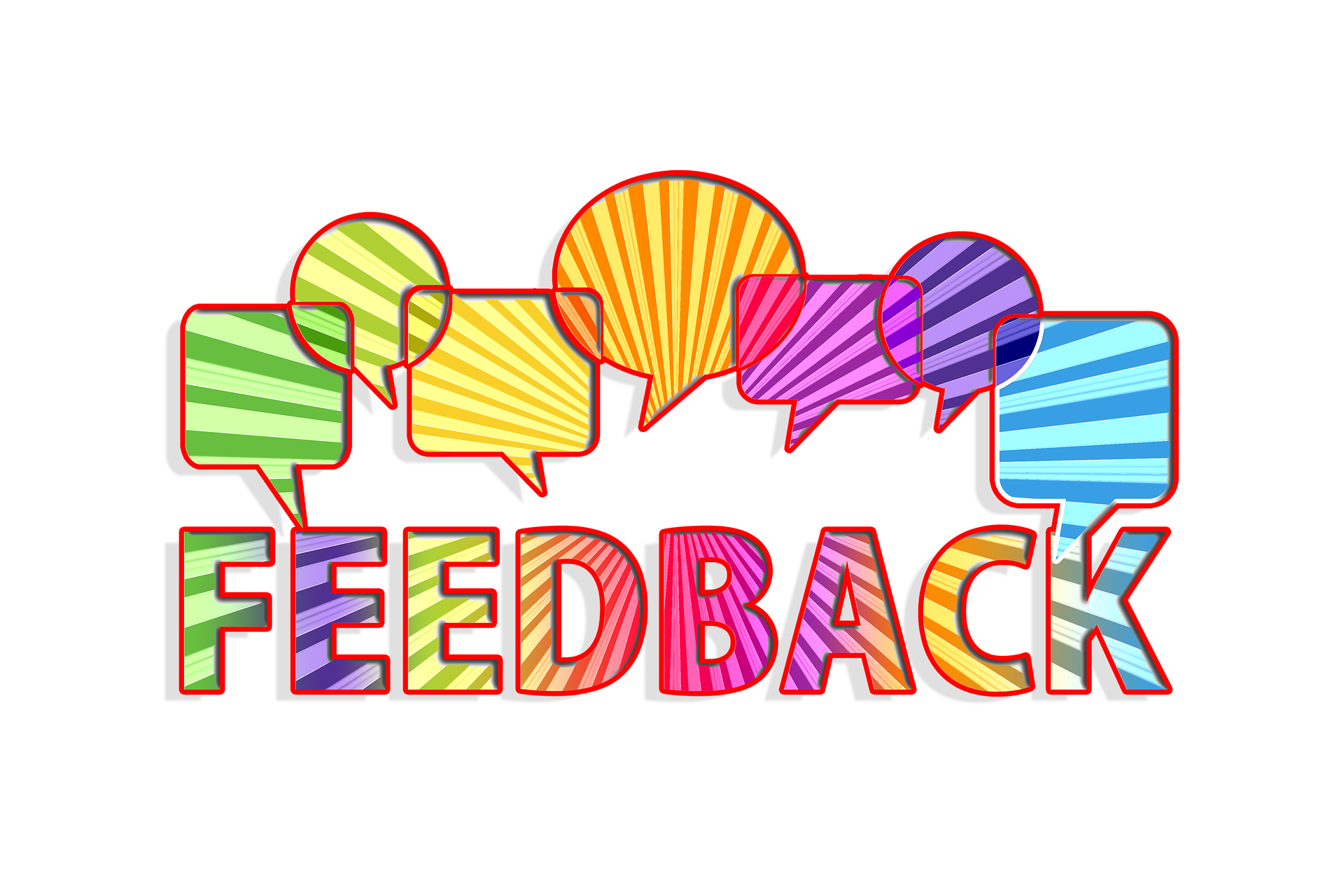As the implementation of digital learning is becoming more prevalent, more opportunities to assist education are arising. One example of the use of technology to assist student performance is allowing students to receive instant feedback reflecting their performance. With this feedback, students are able to learn from their mistakes and subsequently improve their performance. While giving instant feedback is crucial for improvement, different implementations of feedback can lead to various results. This raises the question of whether performance-based feedback, feedback solely based on a student’s performance (PFC), or attributional feedback that focuses on the student’s abilities and efforts (AFC) could optimize the digital learning experience of students. To address this question, Schrader and Grassinger (2021) conducted an experiment to examine the effects of feedback design on students’ emotions and learning outcomes in a digital learning experience.
To examine how students’ achievement emotions (enjoyment, boredom, anger, frustration) and their writing performance differ between performance-based feedback (PFC) and attributional feedback (AFC), Schrader and Grassinger (2021) had 84 students learn to write nine Japanese letters in three learning sessions of a pen-tablet-based digital learning environment. The students were randomly assigned to either receive PFC or AFC in the learning sessions. Before engaging in the learning sessions, students completed two scales measuring their adaptive reactions in the face of errors. After completing each learning session, students also rated their emotional states. The results showed that students who received AFC not only reacted more positively towards their feedback but also outperformed those who received PFC in writing performance. Moreover, students’ tendency towards affective-motivational adaptive reactions (the degree to which the negative emotions and decreased motivation following errors are regulated) predicted the relationship between AFC and achievement emotions. For students who had maladaptive reactions to errors, AFC was associated with lower levels of negative emotions such as anger and frustration.
Schrader and Grassinger’s study provides educators with further insight into optimizing a student’s digital learning experience. While giving performance feedback is essential for improvement, motivating and encouraging students with attributional feedback can allow them to see learning in a positive way, feel motivated, and obtain better learning outcomes. This study also relates to EPIC’s research studies since feedback can deeply impact students’ motivation following failures. It is possible that students will feel more confident in school with attributional feedback, which subsequently influences the way they approach and learn from failures.
For more information about this study, check out the link to retrieve the journal article:
https://psycnet.apa.org/record/2020-98708-001
The article was written by Katelyn Chow.
Reference:
Schrader, C., & Grassinger, R. (2021). Tell me that I can do it better. The effect of attributional feedback from a learning technology on achievement emotions and performance and the moderating role of individual adaptive reactions to errors. Computers & Education, 161, 104028. https://doi.org/10.1016/j.compedu.2020.104028

